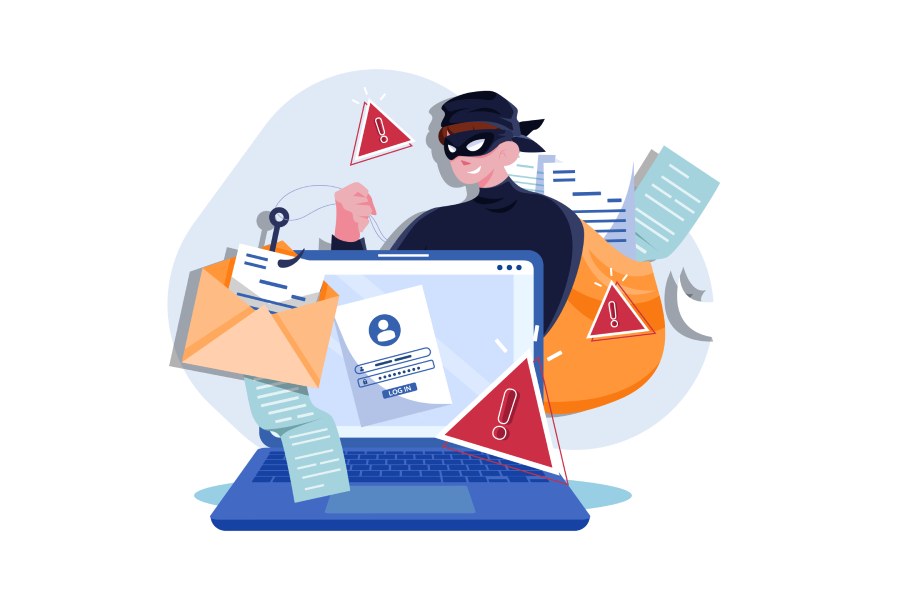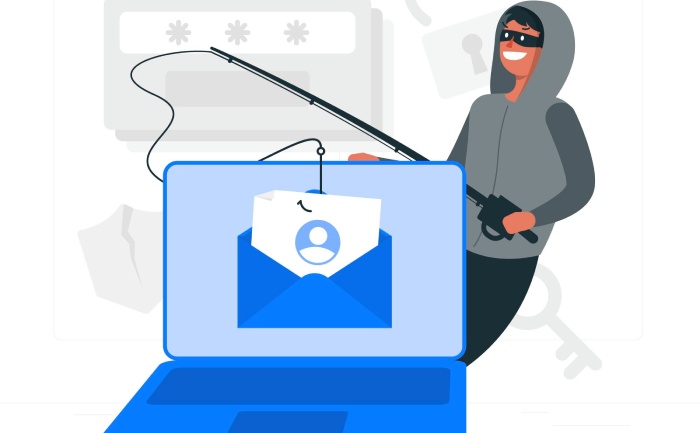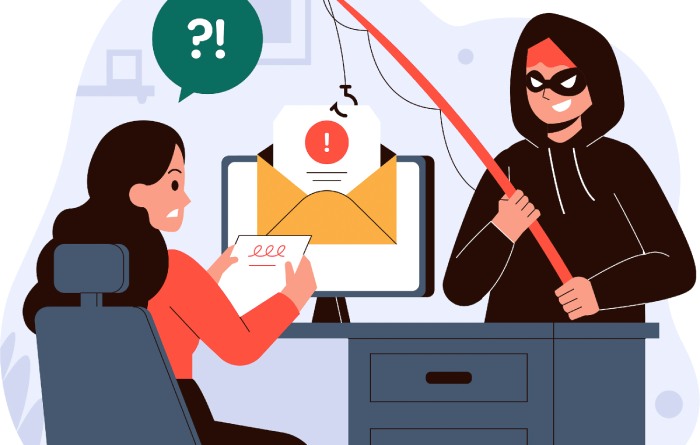Digitization has witnessed a sudden boom in online data storage, where not only work but entertainment, education, and communication have become dependent on the internet. Numerous survey scams are gaining popularity once again by promoting various products or free samples to users in return for their information. Scammers pretend to be some famous brand to steal the personal data of the victims using such scams. And everyone using the internet is not entirely accustomed to its usage, nor are they familiar with the features of such frauds.
Survey scams are a kind of phishing attack, where malicious actors use advertisements tailored according to your preferences to lure you into their trap. They scam you into giving your crucial information by promising giveaways and free products in return. Survey scams collect critical data of the victim, including personal credentials and bank details. Such scams have become quite advanced and challenging to control today, as threat actors have started using advertisements tailored as per the user. Featured links are used as per your interest, which redirects you to a fraudulent website or content, making the trace-back to these scammers extremely difficult.
How Are Survey Scams Executed?
Advertisements of free products or prizes are a common lure for the victims of survey scams. Scammers hide under the guise of popular brands offering deals and discounts upon completing a specific survey or questionnaire. On completion of it, you will be redirected to a fake website that might appear authentic. That is where you need to fill out your details like email, contact number, residential address, bank details, etc., to have the gift delivered. For the best phishing protection, it would be wise to analyze the messages and prompts before taking your plunge. Malicious actors perform data theft to steal users’ identities and sell them to various identity fraud schemes.
How Are Survey Scams Customized Using Tools And Techniques To Avoid Detection?
Every individual has a different choice when it comes to their personal preferences. Phishing emails are often customized as per the taste of the intended targets. Their selection of brands and products is usually determined with the help of surveys, according to which they receive advertisement links or emails pretending to be from such brands. These ads can appear in website advertisements, social media posts, marketing emails, free giveaways, shopping website coupons, etc.
How Do Survey Scams Harm Your Organization?
You can never know how even the most insignificant data might come back to haunt you. Some of the most common ways in which such scams can harm you are:
- Increase in Scam Callers: Your contact details might be shared with unknown telemarketers or advertisers who can, in turn, bother you with numerous calls, texts, and phishing emails. Fraudsters and adversaries often pick up contact details to use their owners as easy targets.
- Financial Loss Through Identity Theft: Various surveys ask for personal information used as common identity verification questions like “name your favorite food?” or “where did you go to school”? These questions come as personality surveys, and cyber attackers can reset your password and overtake your accounts using the information. It can lead to identity theft, where fraudsters can steal your details and use them for their benefit. For example, malicious actors can avail of new credit cards or loans in the users’ names to collect thousands of dollars per identity.
- Corporate Negative Press: Such frauds can also tarnish the reputation of corporate organizations. It results in accusations being pointed out at the victimized brands. Once the negative press is made, it becomes tough for the public to associate themselves with the brand again, fearing fraud.
- Employee Compromise: Employee compromise will result in stolen credentials and might affect the employee’s user account. It can compromise crucial data associated with their role in the organization. It often leads to the breach of information of an enterprise.
How To Identify Survey Scams?
To avoid counterfeit surveys and associated scams, one has to implement robust anti-phishing solutions, along with a deep awareness of the following signs to recognize a survey scam.
- A potential fake text message: A phone text message could originate from suspicious sources. Such text might include typographical errors, long suspicious links, inbuilt advertisements, etc. Any reputed brand will always seek the user’s permission before sending messages. Usually, you need to subscribe to them to get their emails and newsletters.
- Fantastic offers and bumper rewards: Nothing is free in this world, more so extravagant or expensive offers. Businesses run surveys to understand the demographics and their customers. A sample product or a model discount is acceptable, but a high-value item or offer probably indicates a scam.
- Importance of good research: Cyber scammers will always do their best to conceal their identities. It is important to research who is conducting the survey and its purpose. An authentic survey must have a link to the website of the original organization. You can use the word ‘scam’ in front of the server’s name and search the internet to find any reports regarding that being fake.
Final Words
It is common to get scammed online, and one must be careful while making payments or shopping online. Your data is your responsibility, and you must be cautious about who you give your details to and whether it is necessary for you to do so. If you find yourself scammed, you must immediately take measures to ensure no further exploitation can happen, such as contacting your bank to restrict all transactions until you have changed your passwords or taken up security measures such as 2FA.



